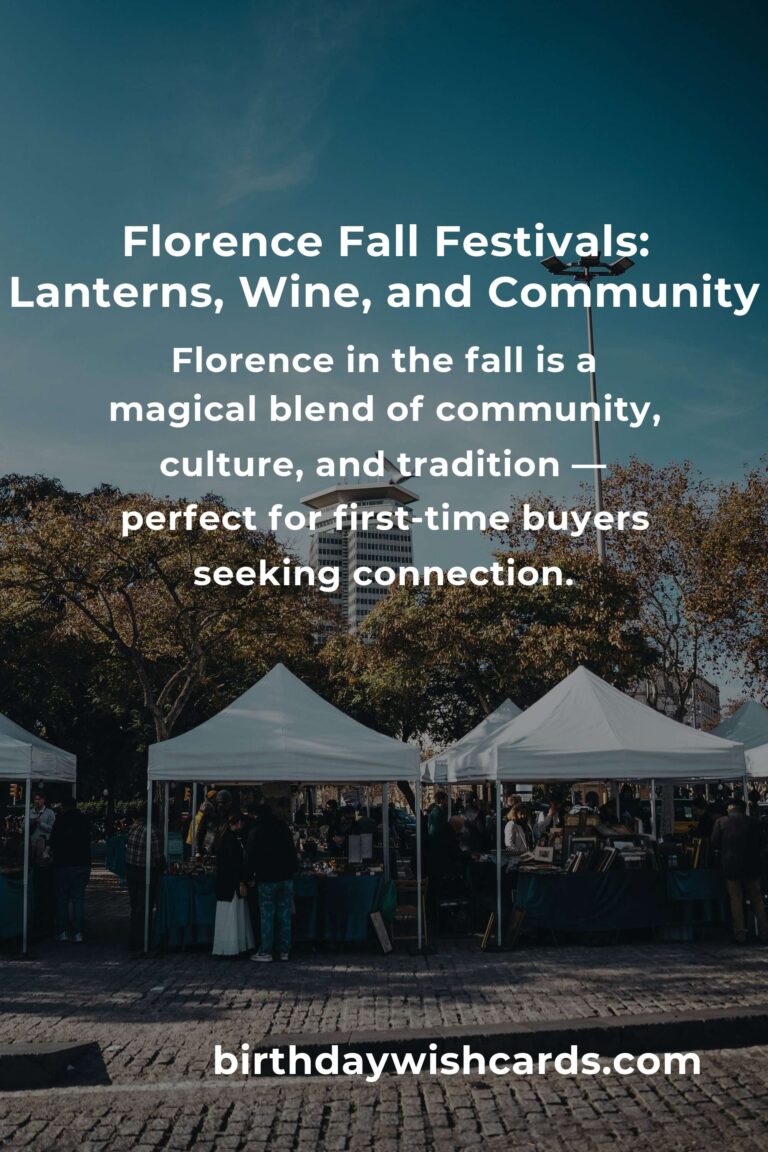Celebrate Stephen’s Day: The Foundation of the Hungarian State
Stephen’s Day, known in Hungarian as Szent István nap, is among Hungary’s most cherished public holidays. Celebrated each year on August 20th, it honors Saint Stephen I, the first King of Hungary, and commemorates the historic founding of the Hungarian state. The holiday is also fondly called the Day of the New Bread, a tradition rooted in the blessing of freshly baked bread—symbolizing abundance and renewal.
Stephen’s Day is a vibrant national celebration, featuring lively parades, traditional music, folk costumes, and dazzling fireworks. On this day, Hungarians come together to pay tribute to King Stephen’s enduring legacy and the spirit of their nation.
The Historical Origins of Stephen’s Day
The roots of Stephen’s Day trace back to the early 11th century. King Stephen I ruled Hungary from 1000 AD until his death in 1038 and was canonized as a saint in the same year. His canonization secured his place as both a revered monarch and a spiritual symbol for the Hungarian people. As Hungary’s patron saint, Stephen laid the groundwork for the country’s Christian statehood.
Over the centuries, the holiday evolved into a cornerstone of national identity. It not only celebrates the saintly king’s achievements but also marks the Christianization of Hungary—a pivotal event that integrated the nation into the European community during the Middle Ages.
The Significance of August 20th
August 20th is deeply woven into Hungarian history and culture. It marks the official canonization of Saint Stephen in 1083, signifying the legitimization of the Hungarian monarchy and the nation’s birth as a Christian kingdom.
On this day, the Hungarian national flag is displayed across the country, and public spaces are adorned in red, white, and green—the colors of unity and national pride. These vibrant decorations set the stage for the day’s festivities.
Traditional Festivities and Customs
Stephen’s Day is celebrated not only in Hungary but also by Hungarian communities worldwide, reflecting strong cultural bonds. The holiday is marked by a variety of customs and events that highlight Hungary’s rich heritage.




